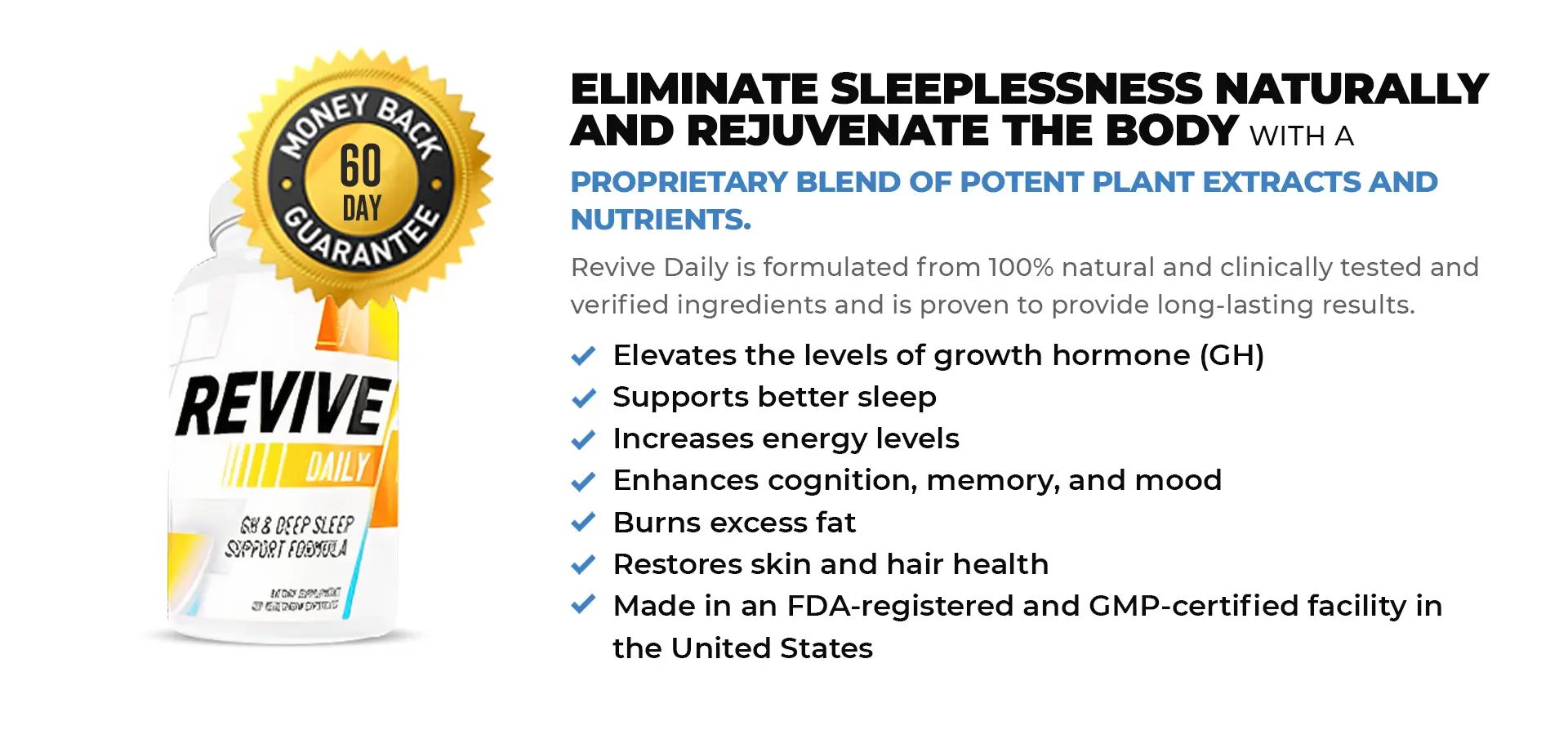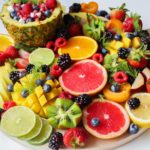Choosing the leanest cuts of meat for healthy eating
Choosing the right cuts of meat is one of the most difficult things to do when following a healthy lifestyle. Meat can be among the most calorie and fat-dense foods, and it is not always easy to spot the leanest cuts of meat in the butcher’s case.
It is important, however, to choose lean cuts of meat when cooking healthy dishes. Even the lowest-fat meal can be sabotaged by the addition of a high-fat pork chop, roast, or another cut of meat.
Of course, it is still possible to include meat in a healthy diet. There are many lean cuts of meat available at the local grocery store, and meat provides much-needed protein for energy and muscle development.
The key to buying the leanest cuts of meat for your healthy diet is to examine the cuts of meat carefully and to have any additional fat trimmed. In cases where the grocery store has its own butcher, this is a relatively easy process. Most in-store butchers are happy to show customers the various cuts of meat and to trip the meat to their specifications.
Grocery Stores
In the case of grocery stores where all the cuts of meat are prepackaged, choosing the leanest cuts is often more difficult. Meat is often packaged to conceal the fat, so additional trimming may need to be done once the meat is purchased.
It is important, however, to trim meat carefully, no matter where it is purchased. Trimming the extra fat off the meat you cook is very important when preparing healthy meals for yourself and your family.
Shopping for good cuts of poultry is much easier than finding the leanest cuts of meat. That is because the most common poultry products, such as chicken and turkey, are naturally low in fat. There are high-fat varieties of poultry, such as goose and duck, but these are not served on a regular basis in most homes.
The biggest problem poultry shoppers face is the calories and fat added by chicken and turkey skin. Most grocery stores sell skinless varieties of chicken breast, and these can be a great time saver. If the skinless varieties are a lot more expensive, however, it may be more cost-effective to buy the cheaper cuts and remove the skin yourself.
Like poultry, most varieties of seafood are naturally low in fat. Salmon is probably the best-known exception to this rule; salmon is fatty for fish, but still much leaner than many cuts of meat. Most varieties of fish, however, are naturally lean and very healthy.
As a matter of fact, those striving to follow a healthy diet should try to add more fish and seafood to their diet. Fish is very high in protein, low in fat, and relatively low in calories. This is a valuable combination for any one food.
As with many aspects of smart food shopping, when it comes to meat, poultry, and seafood, fresher is better. There are a number of prepackaged, ready-to-heat and-eat, varieties of meat, seafood, and chicken at the local grocery store. While these products can be fine for an occasional quick meal or snack, they should not form the basis of a healthy diet.
The reason for this is simple. Processing meats, seafood, and poultry often involve the use of unhealthy additives such as preservatives and sodium. Check the sodium level of any processed meat products you buy, and use such products only occasionally.
While buying fresh meat, seafood, and poultry products is best, it is important to handle such foods properly on their journey from the grocery store to the dinner table. Improper food handling is responsible for the vast majority of foodborne illnesses in the United States, and it is important to handle any raw meat, seafood, or poultry product carefully.
Probably the most important part of food handling safety is making sure that foods that are not cooked, such as salads and bread, do not come into contact with raw meat, poultry, or seafood. Most food-borne pathogens are killed during the cooking process, but they can easily spread to salads and other uncooked foods if care is not used.
That means scrubbing countertops carefully with an antibacterial product, using separate cutting boards for meats and vegetables, and of course washing your hands thoroughly after handling meat, poultry, or seafood products.
DISCLAIMER:
This information is not presented by a medical practitioner and is for educational and informational purposes only. The content is not intended to be a substitute for professional medical advice, diagnosis, or treatment. Always seek the advice of your physician or other qualified healthcare providers with any questions you may have regarding a medical condition. Never disregard professional medical advice or delay in seeking it because of something you have read.
Since natural and/or dietary supplements are not FDA-approved they must be accompanied by a two-part disclaimer on the product label: that the statement has not been evaluated by FDA and that the product is not intended to “diagnose, treat, cure or prevent any disease.”





